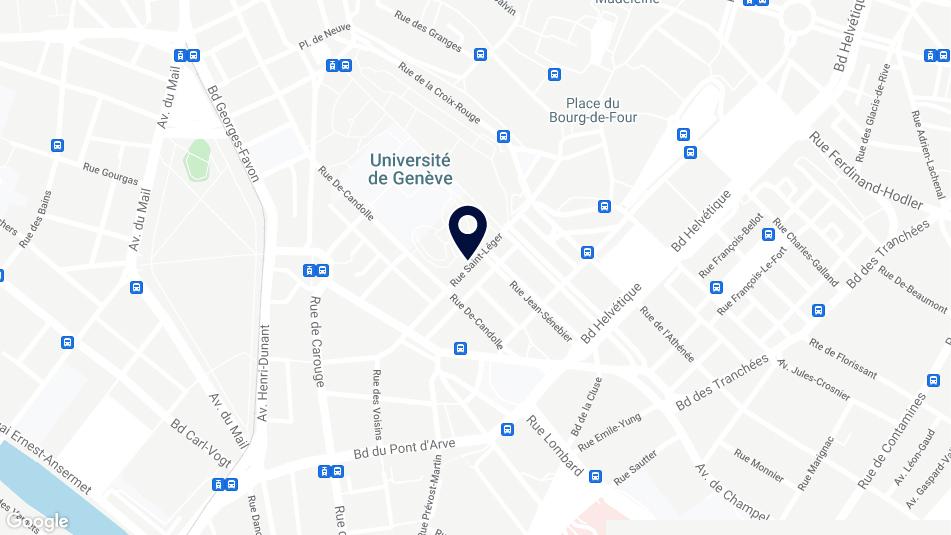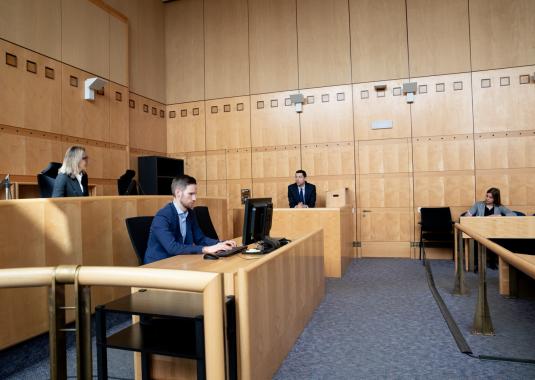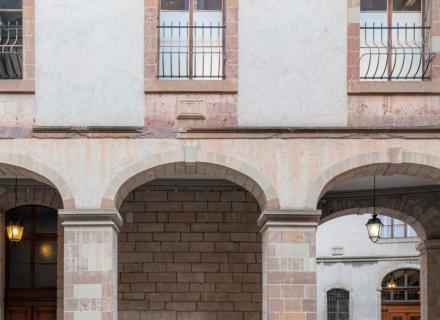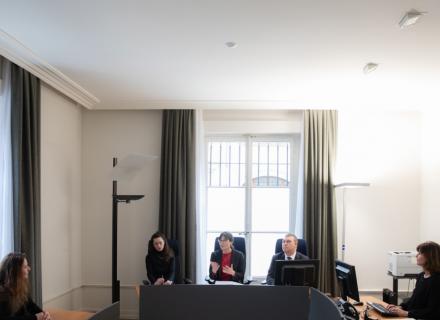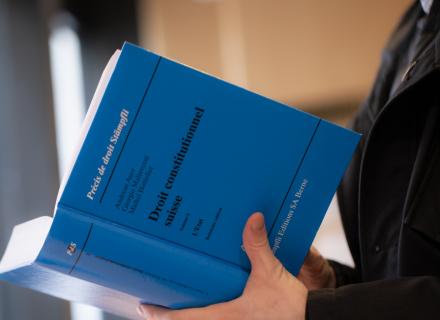Contacts
Address
Contact details
Exceptional closure on Wednesday, May 1, 2024
The Cour de droit public will be closed.
During this period, appeals to the chambre administrative in matters of compulsory measures must be submitted to the Cour pénale and the Cour civile at the indicated office hours.
Resumption of the usual working hours indicated below as of May 2, 2024.
Mailing address
Tribunal arbitral
Case postale 1955
1211 Genève 1
Competences
The jurisdiction of the Tribunal arbitral and the proceeding relating thereto are set out in article 39 and the following articles of the law implementing the federal health insurance act (LaLAMal - J 3 05). In particular, it is competent to settle disputes between insurers and service providers (e.g. regarding the pricing of medical procedures by a doctor, etc.).
Organization
The Tribunal arbitral is composed of 1 president, 1 to 3 deputy presidents and an equal number of representatives of the insurers on the one hand and the service providers on the other.
It sits as a 3 judge panel, including the president.
It is appointed for 5 years by the State Council.
| Judges | Clerks | Telephone | |
|---|---|---|---|
| President | Catherine TAPPONNIER | Christine RAVIER |
+41 22 388 21 67 |
|
Deputy presidents |
Doris GALEAZZI Maya CRAMER Jean-Louis BERARDI |
Proceeding
Your actions in brief
The proceeding involves several steps:
Step 1: bring an action before the Tribunal arbitral
You must submit your appeal in writing, in two copies, to the Tribunal arbitral by mail or by depositing it directly at the desk of the court or the Greffe universel. It must be written in French and signed.
Your request must imperatively:
- Specify the facts and arguments justifying your submission
- Indicate what you wish to obtain
- Include all the useful documents justifying your submission
Step 2: pay an advance on costs
At the initiation of the appeal, you must in principle pay an advance on costs ordered by the court, the amount of which varies according to the nature of the petition. These costs, including various disbursements and a fee, are to be paid by the parties.
If your resources are insufficient to ensure the defence of your interests in court, you can request legal aid.
Step 3: conduct of the proceeding
If the case has not been submitted to a conciliation body provided for by agreement, the president of the Court shall attempt to conciliate the parties.
If the conciliation fails, the Court rules after allowing the parties to clarify their position, either orally or through an exchange of written submissions. It may order any useful probationary measure.
Step 4: end of the proceeding
The substantiated decisions (judgments) are sent to you by registered mail.
Questions/answers
Parties whose examination has been ordered must appear in person; legal entities must appoint a representative.
Even when the examination has not been ordered, it is advisable to attend hearings held before the Chambre des assurances sociales de la Cour de justice in person.
Witnesses are required to appear personally.
If your resources are insufficient to defend your interests in court, you may, under certain conditions, be eligible for legal aid. This financial aid is not free of charge.
It consists mainly of partial or total payment of lawyers' fees and legal costs for people who do not have the necessary means to pay them. You will have to reimburse it as soon as you are able to do so.
For more information, consult the thematic guide Legal aid
